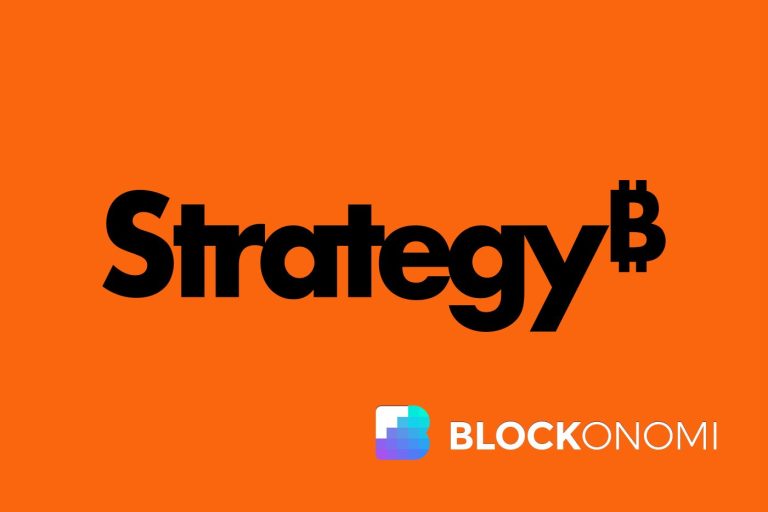The Importance of SEO in the Digital Age
In today’s fast-paced digital economy, Search Engine Optimization (SEO) plays a pivotal role. Whether you’re managing a blog, running an e-commerce store, or trying to grow your personal brand, SEO is the foundation of online visibility.
Effective SEO strategies can propel your website to the top of search engine results, driving organic traffic, increasing engagement, and boosting conversions. But what does it take to truly master the art of SEO editing?
Focus on Keywords: The Backbone of Your Content
Keywords are the anchor of successful SEO. They help search engines understand the essence of your content and connect it to user queries. Use tools like Ahrefs or Google Keyword Planner to identify relevant keywords with high search volume and low competition. Remember to naturally integrate these keywords into your headings, subheadings, and body content.
For example, if you’re writing about skincare, target keywords like “best anti-aging cream” or “hydrating face moisturizer.” Mentioning popular products, such as Lancôme’s Absolute Revitalizing Cream, can further boost your engagement and credibility.
Writing for Your Audience
While optimizing for search engines is essential, you should never forget your audience. Create content that addresses their pain points, answers their questions, and provides value. For lifestyle niches, tone and readability matter. Use simple language, engaging headlines, and a conversational style to connect with readers.
On-page Optimization: Fine-tuning the Details
On-page SEO involves optimizing individual pages to rank higher on search engines. Key elements include:
- Meta Descriptions: Write compelling summaries for each page to increase click-through rates.
- Title Tags: Place the target keyword at the beginning of your title for maximum impact.
- Internal Linking: Link to related articles on your site to encourage readers to explore more content.
Monitoring and Adapting Your SEO Strategy
SEO is not a one-and-done task; it’s an ongoing process. Regularly audit your website using tools like SEMrush to track performance and identify areas for improvement. Stay updated on algorithm changes to ensure your strategies remain effective.
Invest in Quality Tools for Professional Results
Professional SEO editors rely on tools to optimize their workflow. Platforms like Moz and Grammarly can help you research keywords, improve readability, and monitor your content performance. Prioritize tools that align with your goals and budget.
Conclusion
Mastering SEO isn’t just about appeasing algorithms. It’s about creating meaningful, well-crafted content that adds value both to your audience and search engines. With foundational practices like keyword research, on-page optimization, and using reliable tools, you can elevate your content to rank higher and reach further.





